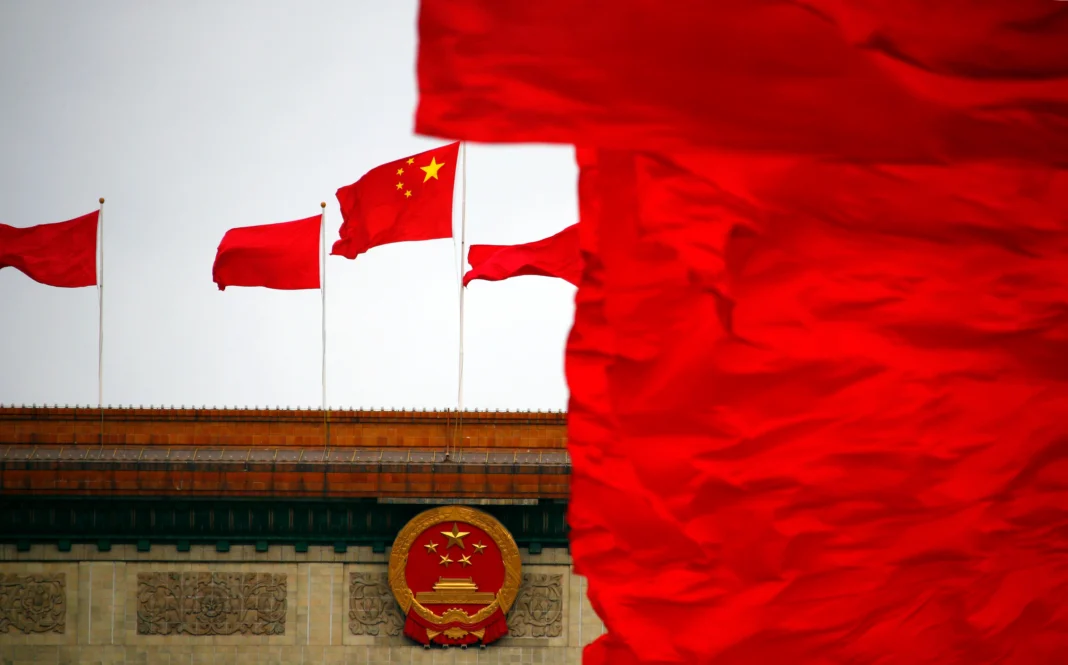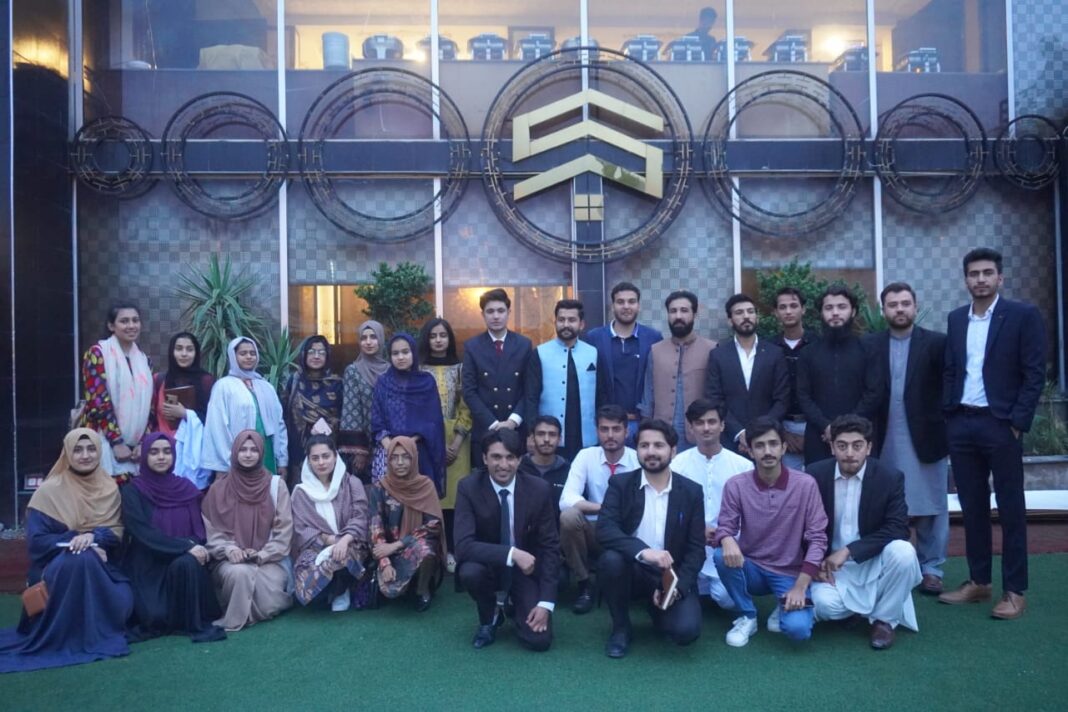By: Usman Akhtar

In recent years, the Middle East has been marked by a series of conflicts and tensions that have threatened regional stability. Among the most notable is the long-standing rivalry between Saudi Arabia and Iran. Both regions’ most powerful nations. Despite the efforts of various international actors to intervene and mediate between the two countries, progress toward reconciliation has been limited. In a surprising move, China has taken the initiative to mediate talks between Iran and Saudi Arabia. Given the strategic importance of the Middle East in global affairs, the potential ramifications of China’s diplomatic initiative are of significant interest. The success or failure of this mediation effort could have significant implications for the balance of power in the region, as well as broader global politics. As such, it is critical to understand China’s motives for getting involved and to evaluate the likelihood of a successful outcome. Through careful analysis, this article will provide valuable insights into these important issues.
The Al Ula summit marked the first attempt to reconcile the rivalry between Iran and Saudi Arabia. According to statements made by the Foreign Minister of Saudi Arabia, bilateral discussions have been ongoing between the two nations for two years, with the assistance of Oman and Iraq. The parties involved had been awaiting the involvement of a prominent country whose statements would carry weight, such as China, the United States, or Russia. Ultimately, China emerged as a mediator and facilitated the dialogue. Now, the agreement signed by both countries itself shows that after a long-time middle east has witnessed peace. As per the agreement signed by both nations, they have mutually agreed to uphold the principle of state sovereignty and refrain from intervening in each other’s internal affairs. Additionally, the agreement outlines the normalization of diplomatic operations between the two countries within a period of 14 days, which includes the re-establishment of functioning embassies in Riyadh and Tehran.
China’s approach to diplomacy is distinct from the traditional Western approach of assertiveness and interventionism. Rather than imposing its agenda on other nations, China prioritizes building relationships and promoting mutual benefits through a strategy of economic cooperation. This approach has yielded positive results in various regions around the world, including Africa and Latin America. China had also offered a similar approach during the Ukraine-Russia conflict, advocating for a peaceful resolution through diplomatic means and emphasizing the importance of mutual benefits and cooperation. However, the United States prioritized its own interests and called on its allies to provide assistance to Ukraine against Russia. In the Middle East, China has taken a similar approach, with a focus on economic cooperation and energy security. China has made substantial investments in the region’s oil and gas industries and has established itself as a major trading partner for many Middle Eastern nations.
As a result, China wields considerable influence in the region and has become an important participant in regional politics. In return for its mediation, China seeks both prestige and economic benefits. One major challenge for China is how to manage its trade policy with respect to the differing trade balances it has with Iran and Saudi Arabia. The facts provided by Diplomat indicate a significant gap in the trade balance between China and these two countries. In 2021, Sino-Saudi trade amounted to $87 billion, with Chinese oil imports from the Kingdom accounting for $57 billion of this amount. In contrast, bilateral trade between Iran and China stood at just over $16 billion in the same year. Iran, which was once among China’s top oil suppliers, has struggled to maintain a favourable trade balance with China. Despite this, Beijing has granted both Tehran and Riyadh the status of comprehensive strategic partners, the highest level of partnership in China’s Middle East diplomacy.
The normalization of relations between Iran and Saudi Arabia is a significant development with far-reaching implications and consequences. The United States, which has wielded considerable power and influence in the Middle East for decades, may see its dominance in the region diminish as a result. This could potentially pose a major threat to US interests in the future. Although the White House has publicly welcomed China’s role as a mediator in the negotiations, there remain doubts among US policymakers about Iran’s stance towards US-led policies and sanctions. These talks have also raised concerns for Israel, which is one of Iran’s biggest rivals in the region. According to former Israeli Prime Minister Naftali Bennett, the agreement between Iran and Saudi Arabia represents a significant and concerning development. He characterized the pact as a “serious and dangerous” development that deals a “fatal blow” to efforts aimed at creating a regional coalition against the Islamic Republic.
Despite the challenges involved, there are potential positive outcomes that could arise from mediating talks between Iran and Saudi Arabia. A significant improvement in relations between the two nations could have a stabilizing effect on the region, potentially leading to a reduction in tensions and helping to prevent further conflicts. This is particularly important given the recent escalation in tensions between Iran and the United States, which has heightened the risk of conflict in the region. The talks between Iran and Saudi Arabia may provide an opportunity for Iran to achieve greater economic stability and address human rights issues within the country. It could also potentially help to bring an end to the long-standing proxy war in Yemen. These talks serve as an example for other nations, such as India and Pakistan, that economic stability and cooperation are crucial for progress in the modern world. Despite being rivals for many years, these states must learn to coexist peacefully in the region. By prioritizing peace and cooperation, they can overcome colonial and Western agendas and focus on the well-being of their people and human capital.
The writer is also a freelance blogger and can be reached at [email protected]



